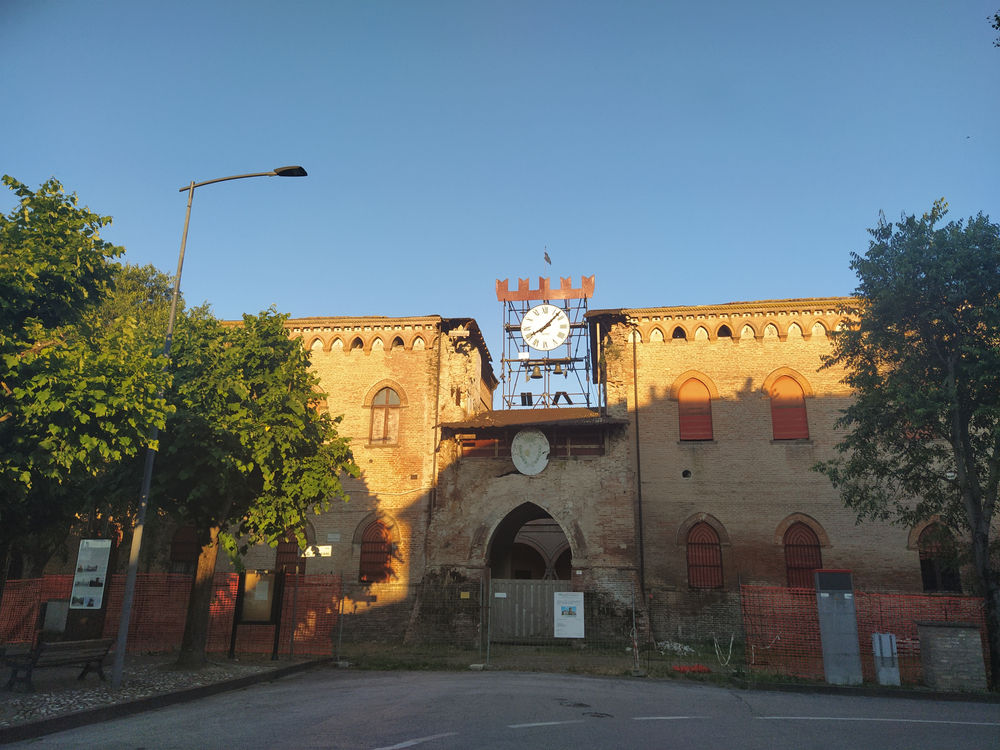International schools can be structured in various ways, but the one I work at in Ferrara, Italy, teaches the Italian curriculum solely in English. The school follows students throughout their school journey, from “early years”, otherwise known as nursery, right up to “liceo”, or high school. As a British teacher working in Italy, a lot of people ask me what it’s like to work at an international school in Italy and how it differs from working in other schools.
The Students

The main difference comes in the form of the students. With a NATO base just 17km from Ferrara in Poggio Renatico, the school attracts students from expatriate families of varying nationalities. These include British, German, French, American, to name just a few. This means that there are students speaking many different mother tongues, all coming to school to study in the English language. Of course, this is in addition to the native Italian children attending whose parents are keen for them to develop a strong level of English throughout their schooling. I have even taught a few children who have spoken neither English nor Italian when they started at the school, such as children from Iran and the Czech Republic.
On the other hand, others have entered the school either bilingual or trilingual, with perfect speech and accent. This poses a great but exciting challenge when it comes to teaching. How do you start teaching a class with such starkly different levels of English?
The Subjects
When I say that everything is taught in English, that includes Maths, Science, History, Geography, Art, and Sport. The only subjects taught in other languages are Italian and Chinese. This means that the students are immersed in English from the second they step through the door in the morning to the second they leave in the afternoon. Eight hours of English a day. This is key to the students’ progress in the language because, whilst they might be studying subjects other than English, they are still using the language.
Students who arrive knowing no English at all, progress at a rapid rate. They start by asking simple questions such as whether they can have a drink or go to the bathroom, and then soon move on to sharing things about themselves such as their favourite colour or animal. There is such an array of languages and accents in an international school environment that no one is singled out or made to feel embarrassed.
The Cultures

A bonus of working in an international school is the mix of cultures present. As teachers we try to give the students the chance to share their own culture, and we celebrate and teach as many different cultural moments as we can throughout the year. Whilst the international school itself is in Italy, each teacher is also encouraged to share special things about their own country. I have worked with teachers from Australia, Ireland, Scotland, Hungary and Bulgaria and have enjoyed learning about their cultures. As a Brit, I like to share British traditions, from the foods we eat to various celebrations, including Pancake Day and the specifically British Guy Fawkes night.
The Lessons to Be Learned
One of the best parts of working in an international school is the heightened level of respect that people have for each other’s cultural and linguistic differences. It is very special to be in an environment where, just walking through the garden at lunchtime you can hear a number of different languages being spoken, and yet witness all the students managing to play together and make special international friendships.

As a teacher it is heart-warming to see these relationships develop in a world where there are wars between countries, born out of racism and hatred. I love being part of an international community where we can celebrate our differences, whilst living in a country in which I feel very much at home. Watching how the students grow and interact has taught me a lot and continues to inspire me to be more open minded and accepting.

